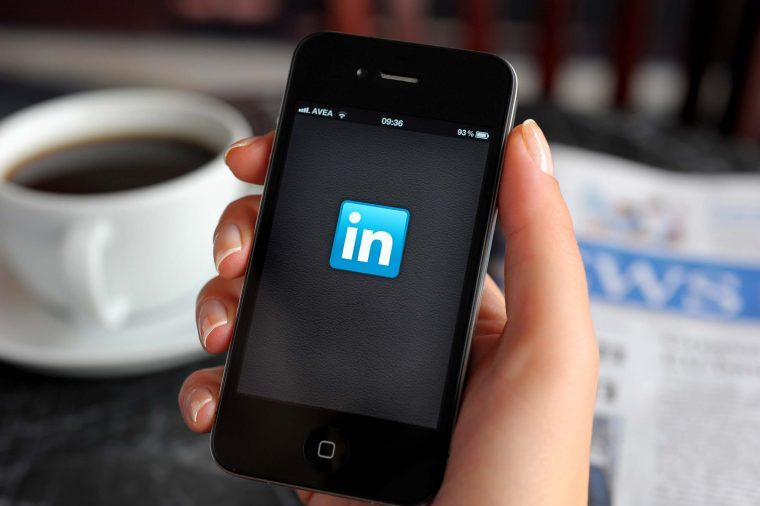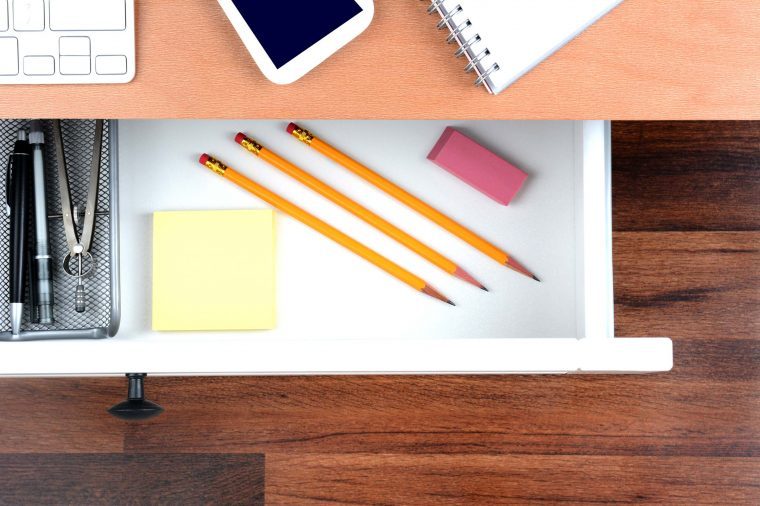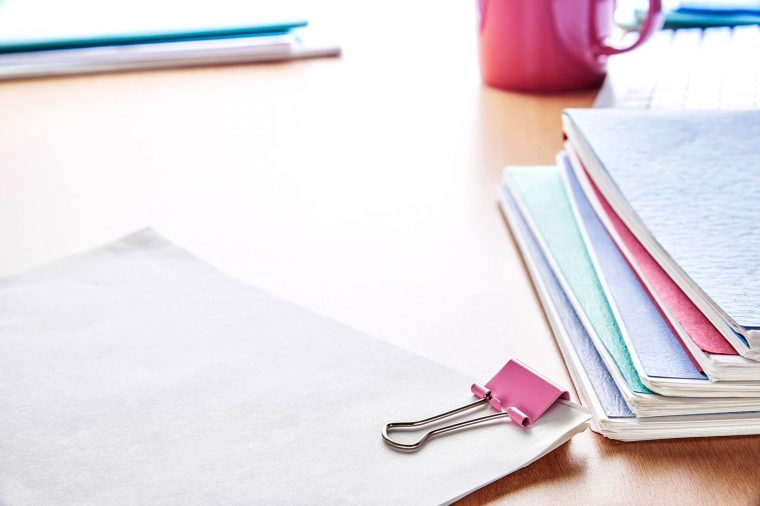By Brook Nelson
Reader’s Digest, Work & Career —
Whether you’re departing on a high note or a low one, the last day of work can be awkward and stressful.
Here’s how to close the door—and still leave a proverbial window open for future opportunities.
End on a positive, cheerful note

iStock/gradyreese
Last impressions are just as important as first ones. Whether you’re being fired, getting laid off, or resigning, keeping an upbeat attitude throughout your last day of work is key. Refrain from saying anything disparaging or derogatory about the company, your bosses, or your co-workers; negativity will only hurt potentially important relationships and make you seem bitter. “There is such a thing as corporate karma,” says Lynn Taylor, workplace expert and author of Tame Your Terrible Office Tyrant: How to Manage Childish Boss Behavior & Thrive in Your Job. “You want to be remembered as someone who made positive contributions to the company, was out for the larger good of the firm, and was upbeat and a strong team player.”
Say personal goodbyes to coworkers

(iStock/Robert-Daly)
If you’ve already built a good relationship with your coworkers, this step should be easy. A personal farewell to everyone you’ve worked with will ensure that your relationships end on a good note—even if they don’t last beyond the office. Even better, pay a compliment to everyone regarding how nice it was to work with them. “If you want to elaborate, be very positive, almost gushy,” says Dana Manciagli, career expert and author of Cut the Crap, Get a Job. “Be excited about your next step and turn the conversation to them by thanking them for being such a good coworker.”
Have a final one-on-one with your boss and say thank-you

(iStock/julief514)
No exit interview? No problem. Even if Human Resources didn’t request a final meeting, it can’t hurt to check in and thank your boss one more time before you head out on your last day of work. After all, you never know how it could pay off down the road. And if you do have an exit interview, be mindful of what you say. “My strong opinion is to stay on your positive message, even in exit interviews,” Manciagli says. “What you share in those meetings can and will be shared with executives who you may want to maintain a long-term relationship with.”
Tie up any loose ends
(iStock/Rawpixel)
Although ideally you will have finished all of your work projects before your last day of work, you should spend the first few hours of the morning tying up any loose ends—no matter how unmotivated you may feel. “Staying professional to the last minute is a good policy,” Taylor says. “Stay focused on the work at hand, and try not to leave projects dangling.”
Collect your contacts

(iStock/Hocus-Focus-Studio)
Just because you’re leaving the office behind doesn’t mean you have to leave connections behind, too. To stay in touch later on, connect with your coworkers and boss on LinkedIn, and don’t be afraid to ask one or two of them to write a recommendation for you on the site. You can also export your Outlook contacts to Excel, so you’ll have them saved for the future.
Leave your office and desk spotless

(iStock/Scukrov)
It may seem like a no-brainer, but there are more rules to cleaning out your office or desk than you might think. As a general rule, “all items stay unless you purchased them out of your personal budget or they were a gift,” Manciagli says. Office supplies, files, hardware, software, and furniture are typically property of the company and should stay at the office. As for a timeline, Manciagli recommends starting to pack as soon as your manager announces your departure to the office. Then on your last day of work, Taylor says, “work your regular day and do your final packing at the last hour or after the workday is done.”
Wipe personal information from your computer

(iStock/pixdeluxe)
Your digital slate should be wiped clean once you step foot out of the office for the last time. Before cleaning house on your PC, though, make sure to upload helpful work documents to a shared drive, email yourself any useful files for your future, and save important emails. Then trash your personal documents, clear your browser history, and take all the other necessary steps to do a clean sweep of your computer.
Organize a goodbye lunch with your favorite colleagues

(iStock/monkeybusinessimages)
It’s your last day of work, so why not escape the office for an extra long lunch with your coworkers? “Reaching out to your coworkers and having lunch is always a good idea,” Taylor says. “If you manage a group of people, they’ll appreciate the goodwill and your encouragement about the future post departure.” If you all start to get emotional, that’s a great sign that you should keep in touch outside of the office.
Write final notes or transition documents for the next team

(iStock/kiddy0265)
As a courtesy to those who will be taking over your projects in the future, it’s very professional to leave behind a few notes or documents to make the transition smoother.
Craft a thoughtful farewell email

(iStock/undrey)
bove all, send out one last “goodbye and thank you!” email to the office on your last day of work. “Share that you are departing the company but remain positive about the company and enjoyed your professional experience there,” Manciagli says. “Provide your personal contact information in the event that you can help them at any time.” Not only is doing so practical, but it will leave behind a positive last impression—no matter the circumstances of your leaving.











